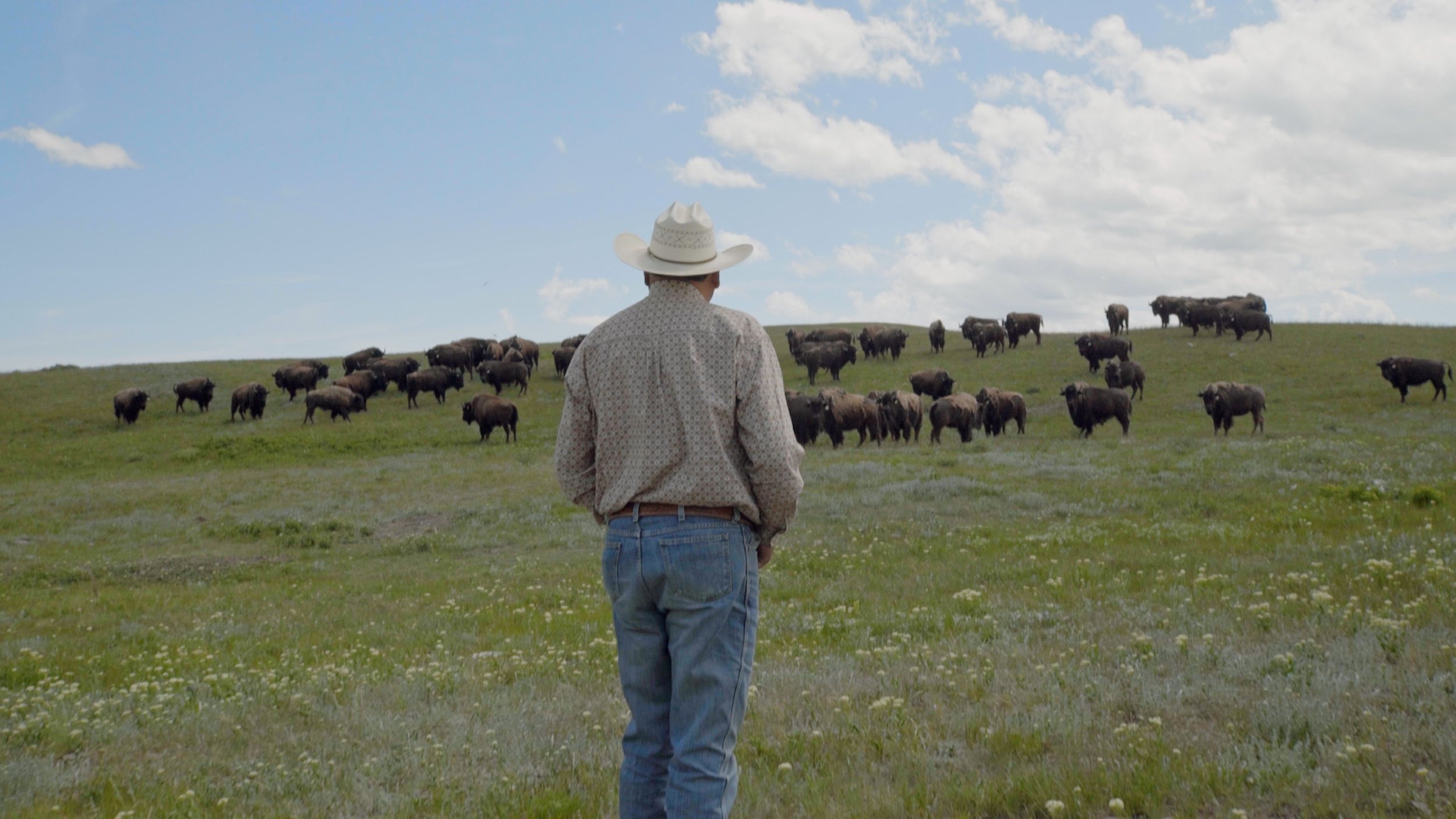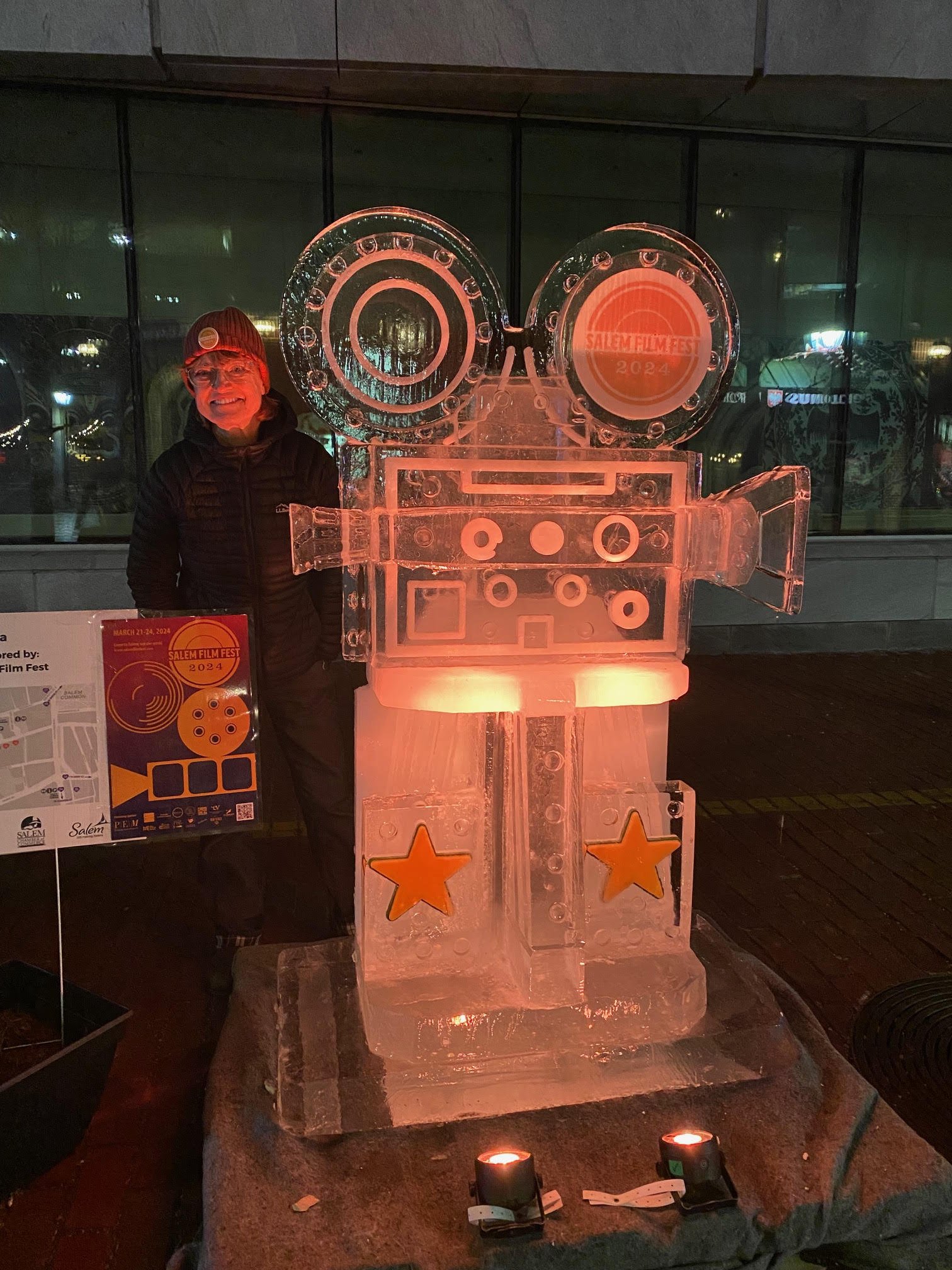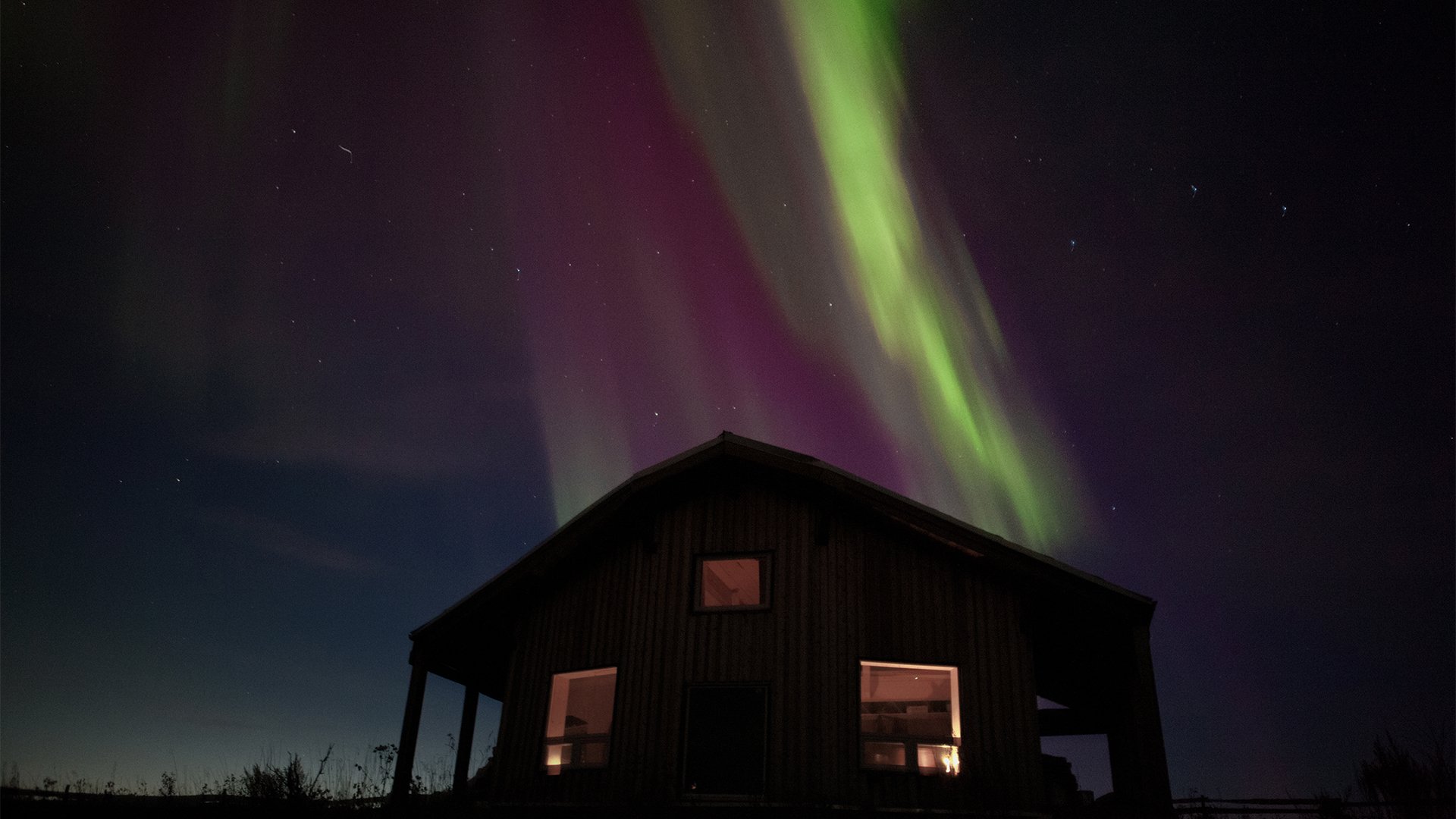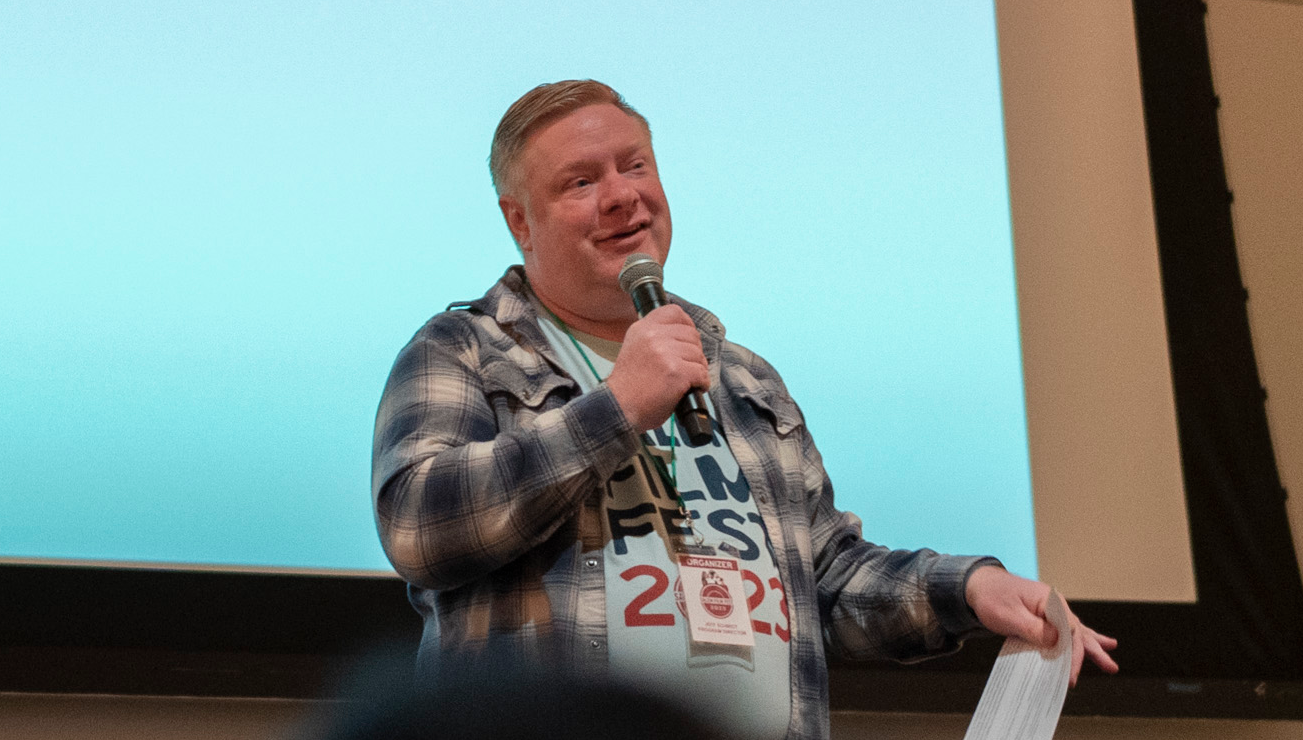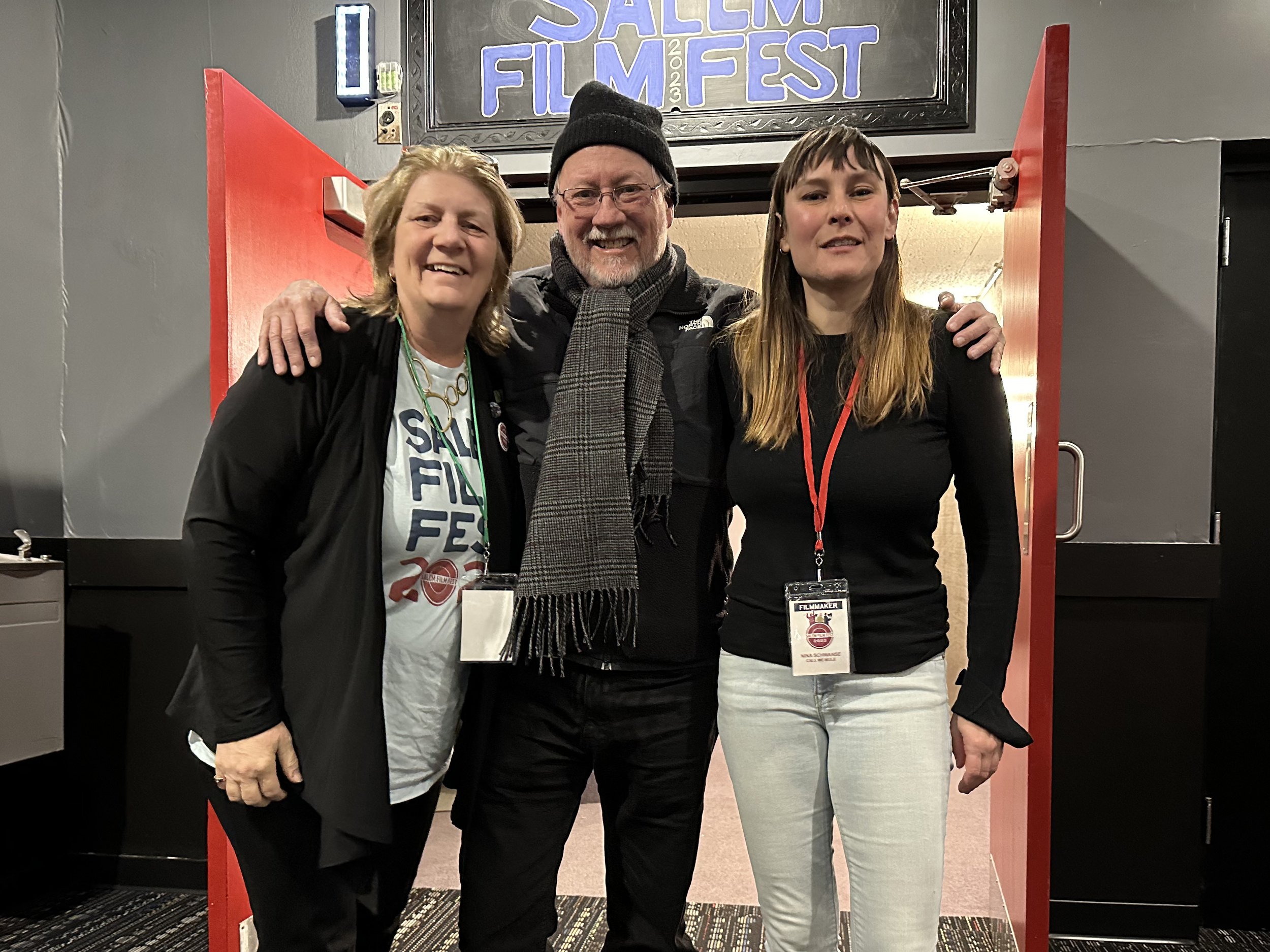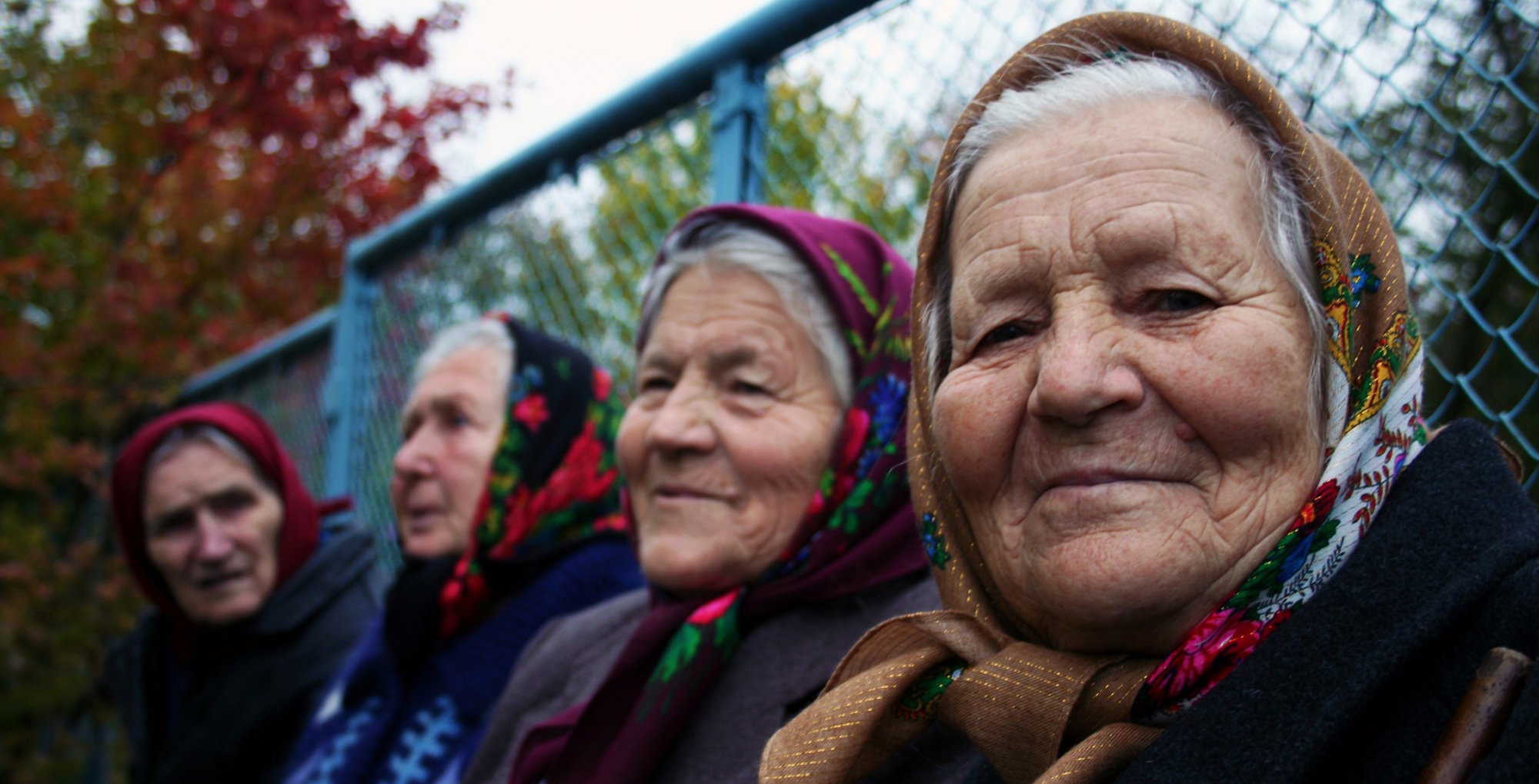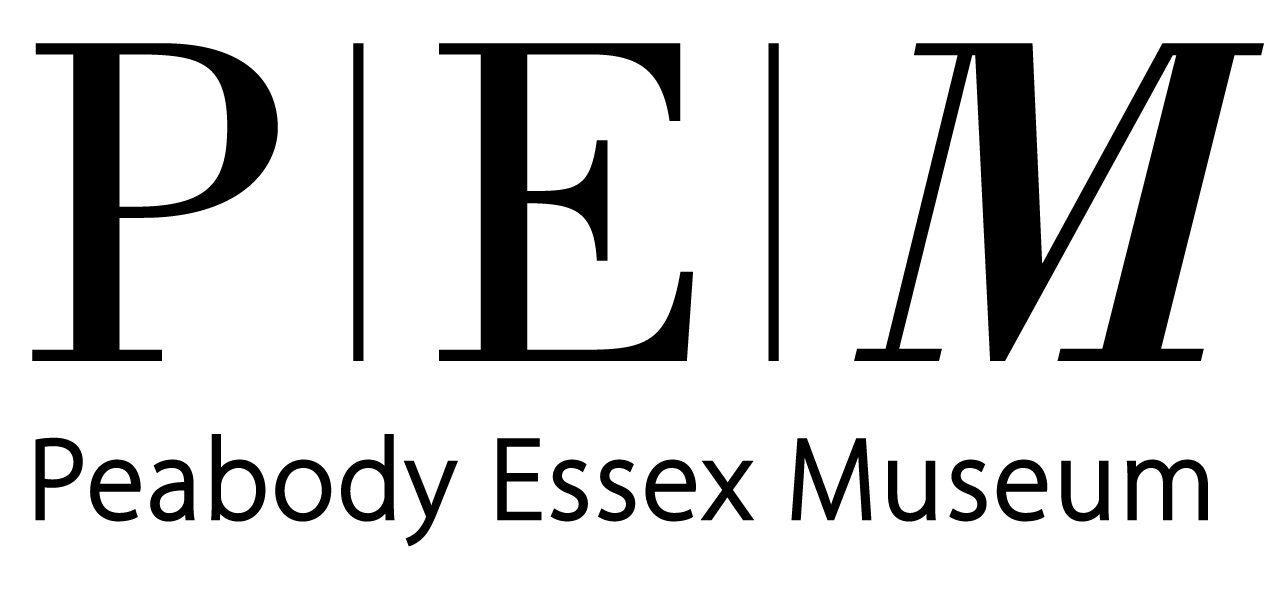Salem Film Fest begins this Thursday, bringing forward a selection of jury award nominees across five distinct categories. This year's lineup includes up to five films per category, each chosen for its storytelling prowess and cinematic quality. The festival serves as a vital platform for filmmakers to present their work, competing for recognition in categories that span from feature-length documentaries to innovative shorts.
In a unique tradition of the fest, winners in each category will be awarded original handmade trophies created by artists based in Salem. These awards not only honor the filmmakers' achievements but also celebrate the collaboration between the film festival and the local art community. As we explore the nominated films and the visionaries behind them, we aim to spotlight the talent and creativity that mark the highlights of this year's Salem Film Fest.
Special Jury Award:
Jurors include:
Clemence Taillandier (Distribution consultant)
Erin Trahan (Arts journalist)
Chek Wingo (Filmmaker)
Shaun Clarke (Arts educator)
Cultrera Cuts Editing Award:
Jurors include:
Sally Wu (Film editor)
Susanne Rostock (Film editor)
Flavia de Souza (Film editor)
Khary Jones (Film editor)
Michael Sullivan Award for Journalism:
BRING THEM HOME / AISKÓTÁHKAPIYAAYA
Jurors include:
Peter Keough (Film critic and journalist)
Joe Cultrera (Co-Founder, Salem Film Fest)
Delores Edwards (Executive Producer, Basic Black (GBH))
James Sullivan (Program Director, Newburyport Documentary Film Festival)
American Cinematographer Magazine Award
OUT THERE: A NATIONAL PARKS STORY
Presented by Stephen Pizzello, Editor-in-Chief, American Cinematographer Magazine
Best Short Award:
BETWEEN THE DELICATE AND THE VIOLENT
SOFT LIGHTS AND SILVER SHADOWS
Jurors:
John Gianvito (Educator, curator, filmmaker)
Sara Jordano (Filmmaker)
Katherine Irving (Programmer)
Katelyn Rebelo (Winner, Best Short Award, Salem Film Fest 2023)
Salem Film Fest 2024 begins on Thursday, March 21, and showcases 23 features and 14 shorts.



